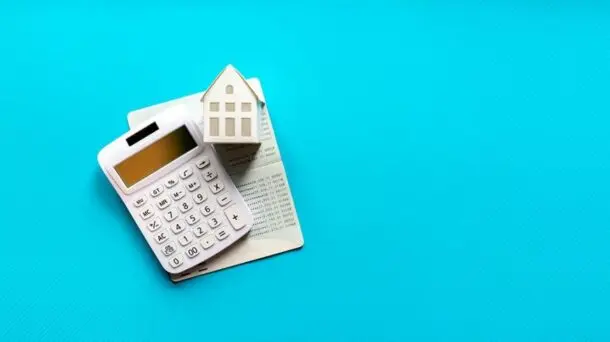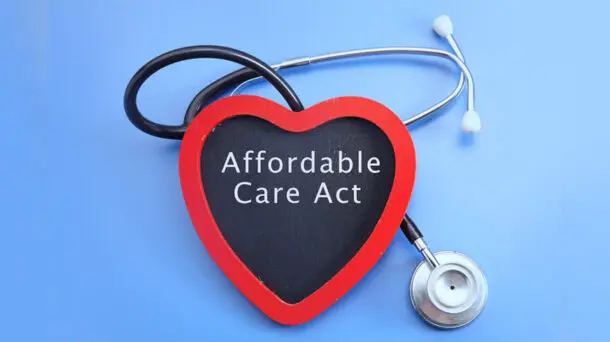
A Gallup poll in 2014 revealed that unemployed people in the United States reported being treated for symptoms of depression twice as often as people who held full-time jobs. Many poll participants considered losing jobs as akin to losing loved ones, suffering terrible injuries or other traumas. However, objective research demonstrates that the impact of unemployment-related depression is not as severe as that caused by these other types of traumas.
A psychology professor at Georgetown University’s Columbian College of Arts and Sciences, George W. Howe, has studied what makes some people get depressed when unemployed while other people enjoy a sense of relief and newly discovered freedom. Five separate studies over two years involving 3,000 subjects helped him to discover that there were certain personality traits involved in one reaction over the other. He also extrapolated these discoveries to shed light on possible methods for dealing with anxiety and depression after job losses.
If you are particularly sensitive to stress, have a largely pessimistic worldview and/or lack adequate social support structures, you may be more likely to experience unemployment-related depression and anxiety. Here are some tips for fighting depression and coping with unemployment in a healthy and proactive way.
Participate in Job Groups
Search for an unemployment counseling program or a preventative intervention support group to join. These groups can help with both emotional and practical support in coping with the stress of being without work. This can help restore and maintain the motivation to seek out new employment. At these groups, you may find speakers with experiences similar to yours and you can take advantage of extensive networking opportunities to help you land new work.
These types of programs can help tremendously in battling the sense of helplessness many jobless workers experiences which can then lead to the symptoms of anxiety and depression.
Stay Healthy
A healthy and fit mind and body is a powerful way to not only combat depression and anxiety but to help keep you focused and energized for the task of job hunting. Stress and lack of sleep are related, as are depression and binge eating or the excessive consumption of comfort foods. Stress and depression help to foster symptoms in a vicious self-perpetuating cycle.
According to Robert L. Leahy, author of the book “The Worry Cure” and director of the American Institute for Cognitive Therapy, physical ailments like diabetes, hypertension and cardiovascular disease can be linked to unemployment. Furthermore, Leahy reports that unemployment can make a person twice as susceptible to a significant depressive episode and can be linked to the development of patterns of alcohol abuse or domestic violence.
The Suicide Research Center even links unemployment to a greater risk of suicide. Joint pain and relationship troubles are other potential job-loss hazards. Therefore, it is all the more important to eat right and get plenty of sleep each night when you are unemployed. This can put you in the right frame of mind and combat potential negative thoughts and feelings that could harm both your health and your ability to find new, sustainable and fulfilling work.
Validate Your Sadness
While it may seem that the best thing to do when feeling sad or frustrated about losing your job is to snap out of it, count your blessings and put on a happy face, this may only drag out and impair your emotional recovery process. Acknowledge your disappointment and stress and recognize that these feelings are completely justifiable. The last thing you need to do to yourself when feeling bad is to make yourself feel weak, wrong or inadequate for having these feelings.
Feeling bad is a sign that you care and you should embrace the feeling of caring about your welfare and the work you do in the world. This way of thinking can propel you into seeking new opportunities so you can take care of your needs and do good work in the world.
Keep a Schedule
When you have a job, you are forced to keep a regular schedule that you must stick to on and off the job. However, what many people do not realize is that this regular schedule is one of the contributors to your healthy mental state. When you are out of a job, the compulsion to stick to a regular schedule falls by the wayside. Without consistency in your days, it is easy to fall into a state of lethargy, lack of motivation and depression.
Even if you no longer have to keep a regular schedule in order to keep your bosses happy, creating a regular schedule that you force yourself to stay on helps to retain that higher mental state as you work to find new employment. A bonus is that both the regular schedule and the higher mental state can help you to find and land new employment easier and faster.
Use That Free Time
Besides seeking new work, there are other ways to use the relative freedom of unemployment to better yourself and your life. Take the time to learn a new skill, consider venturing into a new field or explore a new career path. Oftentimes, the excitement of newness is enough to lift your spirits and boost your motivation for the challenges ahead.
Spend more time with your family, complete necessary work on your home, start working out, commit to taking better care of your health or do volunteer work. There are many things you can do while unemployed that will indirectly lead to a greater likelihood of finding new employment in due haste.






